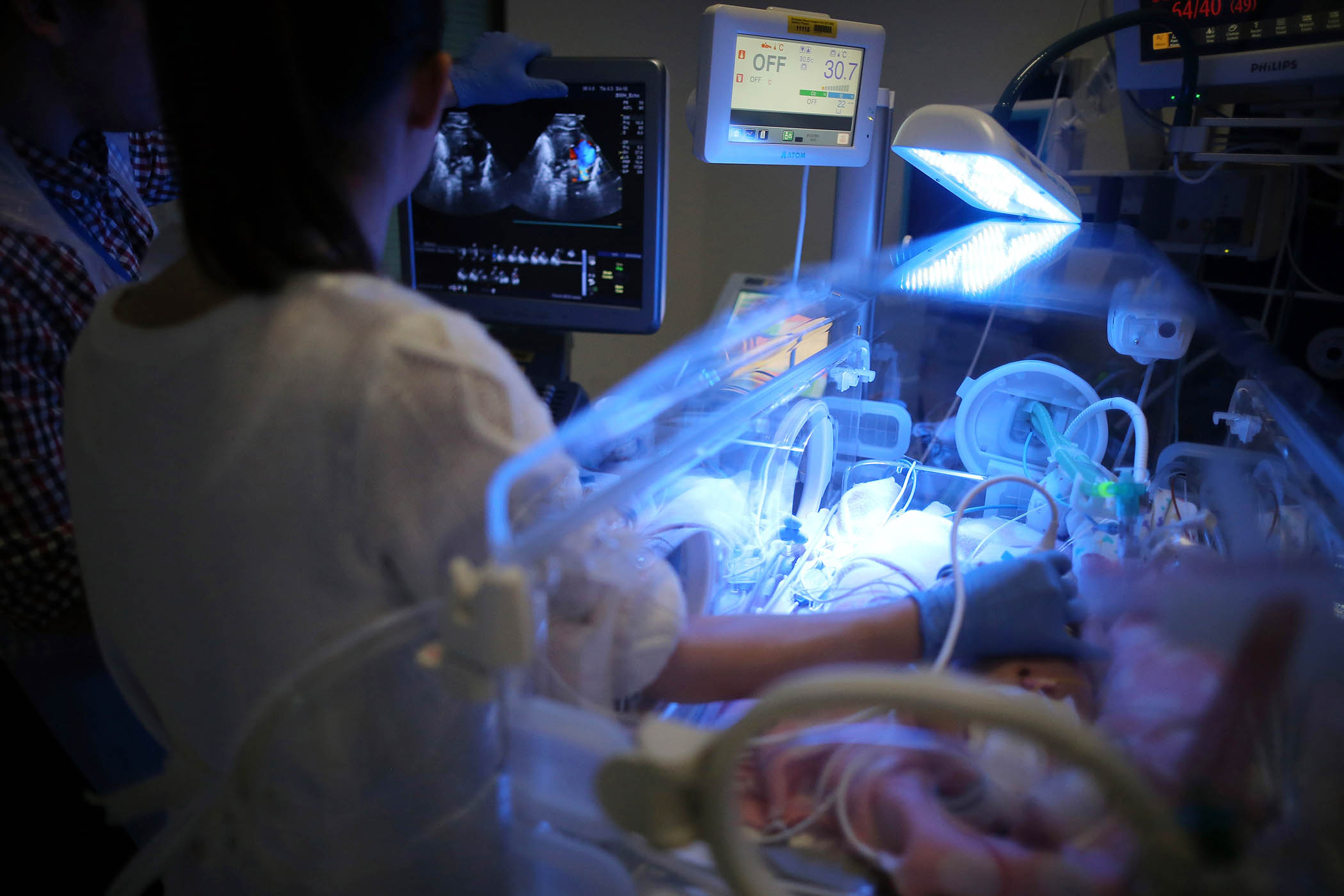Wes Streeting has promised to overturn the “jaw-dropping” and “indefensible” inequality in the NHS compensation scheme for babies brain-damaged at birth that means wealthy parents get higher payouts than poorer families.
The health secretary said he was “determined” to change the system for dealing with clinical negligence in maternity care, which links the level of damages paid to the parents’ income and background.
“It is indefensible that families who have already experienced the unthinkable are then penalised based on their earnings, or the number of 9s they got in their GCSEs,” he said.
“Why should the child of a care worker who has suffered lifelong harm at the hands of the NHS be entitled to any less compensation than the child of a barrister?”
The existing longstanding compensation scheme includes a payment for future “loss of earnings”, based on what a child might have been expected to earn over the course of their life had they not been harmed at birth.
Under a bizarre anomaly, highlighted by The Observer this month, this is calculated by looking at the child’s background, including their parents’ earnings and education. Other “relevant factors” such as the achievements of their siblings can also be taken into account.
It means that children of wealthy parents can receive higher damages than those from less privileged backgrounds. The largest packages are typically given to the richest families.
Streeting said he had asked David Lock, the lawyer who is conducting a government review of the whole clinical negligence system, to look at the issue as part of his work. “The Observer has helped to shine a light on this injustice, and I’m determined that we address it,” he said. “Once I have recommendations, I and others across government will look at how to make sure clinical negligence is fairer for everyone … I will fight tooth and nail to stop the jaw-dropping health inequalities like this one that we see far too often.”
Aides said the health secretary, who grew up on a council estate in east London and was the first in his family to go to university, had been shocked to discover that the NHS appeared to be institutionalising the class system.
‘I will fight tooth and nail to stop the jaw-dropping health inequalities like this one that we see far too often’
‘I will fight tooth and nail to stop the jaw-dropping health inequalities like this one that we see far too often’
Wes Streeting, health secretary
James Titcombe, the patient safety campaigner whose son Joshua died in 2008 just nine days after he was born, described this aspect of the clinical negligence system as “grossly unfair”.
Newsletters
Choose the newsletters you want to receive
View more
For information about how The Observer protects your data, read our Privacy Policy
He said the decision to end it was “overdue” but warned that if Streeting was “serious about improving patient safety” he must go further, including considering a no-fault compensation scheme. “We need wider, bolder reform that enables openness, honesty, and genuine learning when things go wrong – where improving safety is the priority, not the denial and defensiveness that the current legal system sadly incentivises.”
Jeremy Hunt, a former Conservative health secretary, said the change promised by Streeting was “long overdue. But the question is whether Wes is brave enough to do root-and-branch litigation reform given the way the current system creates a blame culture in the NHS.”
According to the National Audit Office, the annual cost of settling clinical negligence claims has more than trebled over the past two decades. The increase is primarily due to a small number of high-value claims.
These are typically associated with brain injuries suffered in maternity care. The average compensation cost for obstetrics claims involving cerebral palsy or brain damage in England in 2024-5 was £11.2m and the highest award was about £40m.
Last year the annual cost of harm relating to maternity services was £2.5bn and the budget for maternity care was £3bn. The total government liability for clinical negligence claims (which includes estimates of future payments stretching across several years) is now £60bn, up from £14.4bn in 2006-7. Of this, £37.5bn relates to maternity care.
The Care Quality Commission, the health watchdog, found in 2024 that more than two-thirds of maternity services in England were “inadequate” or “requiring improvement” for safety.
Streeting has launched a rapid review of maternity care, which is due to report next month, and he will then chair a task force to implement its recommendations.
Reform of compensation for clinical negligence will require agreement across the government because the same principle applies to all personal injury claims, including road traffic accidents and public liability.
Personal injury claims (including clinical negligence) are based on the “100% compensation principle”. This means that claimants should, to the extent that this is possible, be no better or worse off than they would have been had the negligence not occurred.
For patients who have a reduced ability to work, damages can include a payment for past and future loss of earnings. When children are harmed, their parents’ income is taken into account but this is relatively rare outside of maternity care.
The Department of Health and Social Care is working with the Ministry of Justice, which is responsible for wider personal injuries policy, on a new approach.
Photograph by Christopher Furlong/Getty Images



